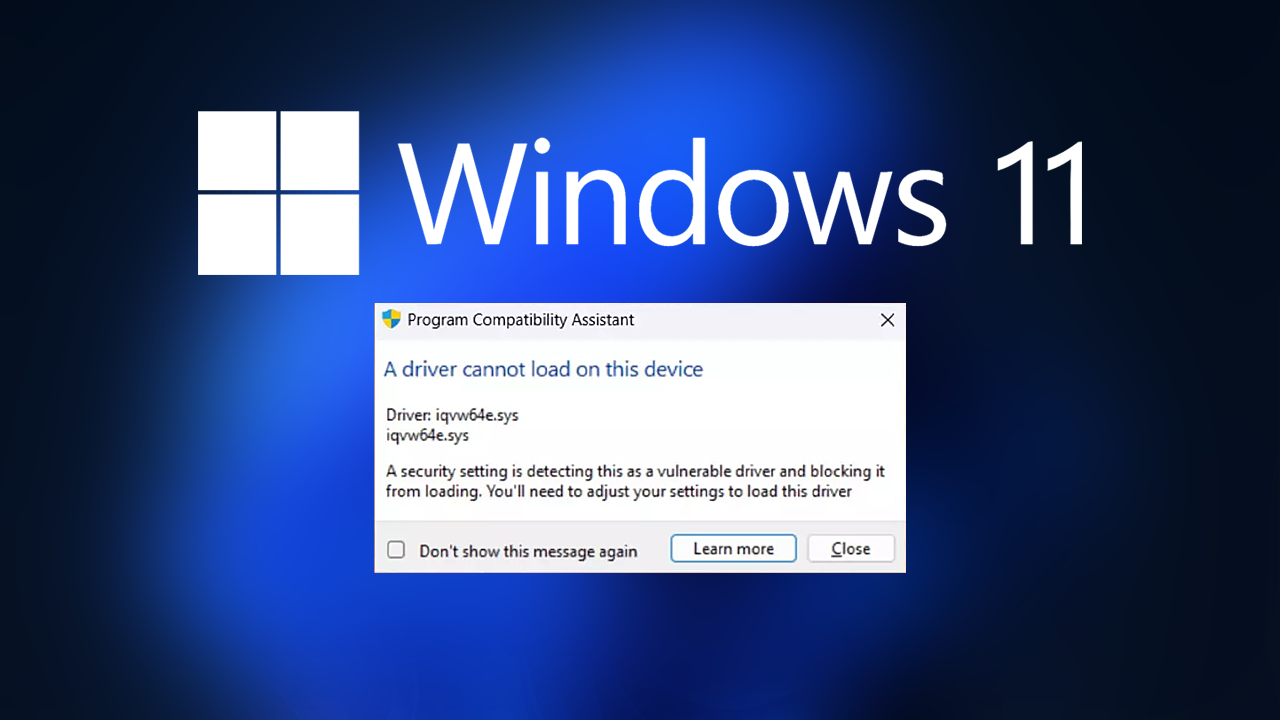Digital systems are an essential part of daily business operations, regardless of a company’s size. The ease of connectivity exposes a company to a number of cybersecurity risks. Network security has become a necessity, not a choice. Whether it is a small scale firm or a large organization, safeguarding a business network is crucial for continuing business processes and protecting valuable information.
This article aims to highlight threats a business may come across, underline the significance of network security, and suggest efficient ways to protect your IT infrastructure.
Why Network Security Matters for Businesses
Effective operation of businesses greatly depends on maintaining network security. Breaches may prove to be a costly and reputation damaging affair. In addition to securing protected data, advanced IT security solutions mitigate risks for companies and aid them in following necessary protocols to retain trust from clients.
To ward off the growing trends of cyberattacks, IT security is important in every business. There is no engagement with systems if there are no security protocols in place to cover the possibilities of exposing even a single vulnerability that could render systems free access.
The Consequences of Neglecting Data Protection
Loss of Confidential Information: In the case sensitive data of employees or customers being exposed, there can be bearable but heavy repercussions in the form of legal action or penalties.
Operational Downtime: Ransomware and other cyberthreats stop services which results in a loss of profit.
Reputational Damage: Once trust has been lost, it is nearly impossible to regain, especially after leaked sensitive information gets into public access.
Cyberthreats Facing a Business
To provide adequate care for your business, you need to know what kind of danger your network faces. Here are some of the common problems businesses deal with:
1. Malware Attacks
Malware attacks include any type of malicious software such as viruses, worms, and trojan horses that seek to gain unauthorized entry into your systems. Malware seeks to extract confidential information, physically destroy devices, or perform surveillance on you.
2. Phishing Scams
Phishing attempts deceive users into obtaining sensitive information. Under the guise of previously trusted messages, these scams can pose a danger to entire business networks.
3. Ransomware
Ransomware holds a company’s data hostage by blocking access to it until a certain fee is paid. This malicious activity can financially cripple a business and completely derail company operations.
4. Insider Threats
Sometimes, cybersecurity issues are caused by people inside the system. Whether through negligence or malicious intent, employees can put your business’s IT systems at risk.
5. Distributed Denial-of-Service (DDoS) Attacks
Such attacks inundate your business network with extremely high volumes of traffic that can slow down systems or force them to shut down completely.
Fundamental Methods to Improve IT Security
While managing a business’s network security may appear overwhelming, with a proper mix of policies and tools, your risks can be mitigated significantly. In order to improve your network security, below are some practical tactics:
1. Ensure you have Proper Firewalls and Anti Malware Software
Firewalls serve as the first line of defense for your business network, while anti malware programs hunt for malicious files and eliminate them. Make sure their updates are enabled so that they do not fall behind new threats.
2. Teach Employees on Cybersecurity
Data breaches can happen and are often due to human blunders. Arrange training sessions that help your employees identify phishing emails and encourage them to change their passwords frequently and maintain strong password hygiene.
3. Maintain Proper Access Control Policies
Proper control policies allow only authorized personnel to view certain sensitive data. These guarantees are strengthened through Multi-Factor Authentication (MFA)
4. Any Software or Systems Used Should Be Regularly Updated
Using software that is not frequently updated comes with hidden traps that can be exploited by trolls. Evaluating your system and implementing patches and updates can greatly lessen the risks.
5. Look Out for Unusual Traffic on Your Network
The application of monitoring tools enables the early detection of suspicious undertakings. Ensure that alert systems are put in place for prohibited access or unanticipated data transfers.
6. Safeguard Important Information
Even with effective safeguards in place, breaches can and will happen. Always save copies of important files elsewhere so that you can restore data rapidly without resorting to ransom payments.
7. Partner with IT Security Specialists
You can engage with managed services providers (MSPs) or employ dedicated cybersecurity staff to stay ahead of new threats and fortify your systems.
Advantages of Having a Secure Network Infrastructure
Incorporating various IT security features offers a myriad of benefits aside from reduction of risks and vulnerabilities. There is increased operational efficiency, productivity, and resource availability through deployment on a well-protected system. Furthermore, clients will appreciate the protection given to their sensitive business information and trust the organization. Strong cybersecurity controls also help to meet industry regulations and standards, thus, limiting penalties and fines.
Conclusion
A business’s network security directly influences the protection of business assets, operation efficiency, customer trust for long-term relations, and brand reputation. With the advancement of cyber threats, no business can let their guard down. Incorporating the above strategies will allow for proactive management of vulnerabilities and fortification of overall IT security.
Follow Techndsoft.


